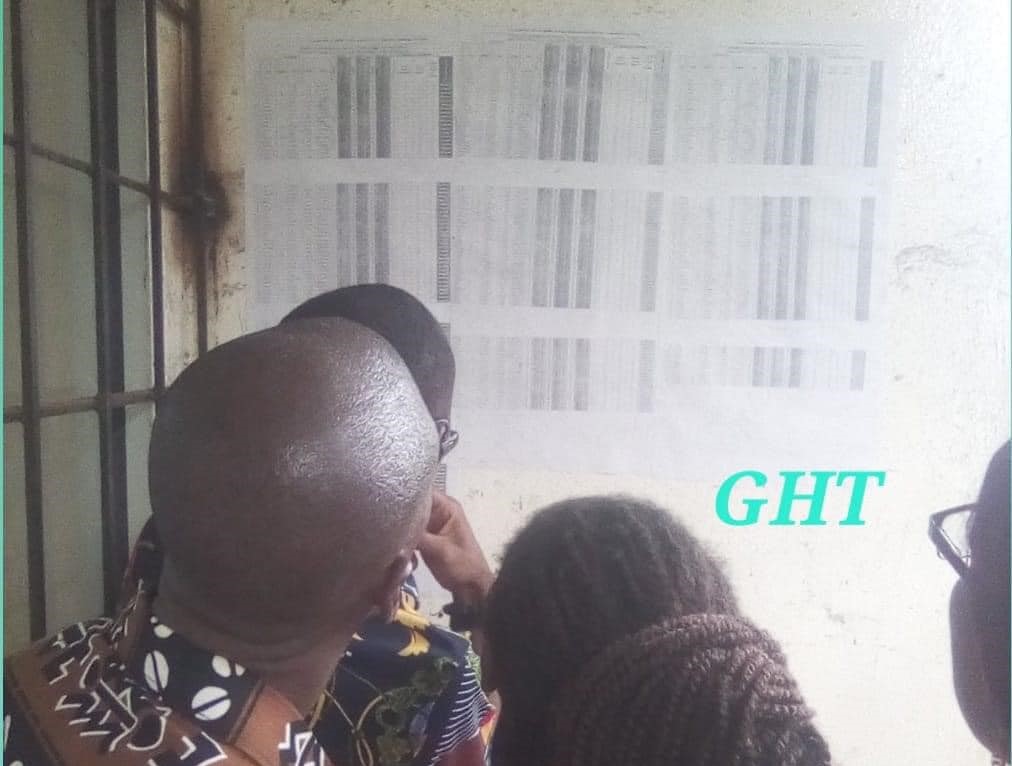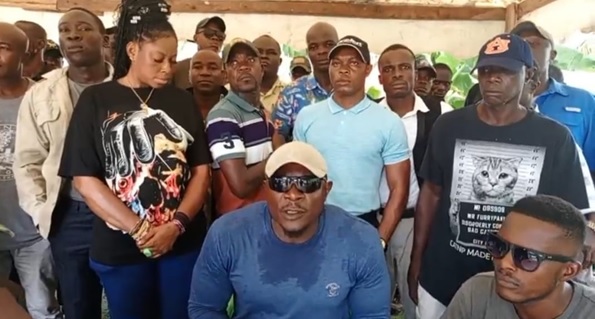Liberia is facing increasing concerns as President Joseph Boakai continues to oversee mass dismissals of public and civil servants. This recent wave of firings has affected thousands directly, and when considering their families and dependents, the number of impacted individuals could exceed one million. Critics warn that these actions could lead to social unrest reminiscent of past crises in Liberia and abroad, highlighting the country’s fragile political and economic stability.
A Historical Pattern of Unrest
Liberia’s history is marked by instances where economic hardship and political missteps led to widespread unrest, notably the infamous 1979 Rice Riots. The Rice Riots were sparked by the government’s decision to increase the price of rice, a staple food for Liberians. What began as a protest against economic injustice quickly escalated into violence, with clashes between protestors and security forces leading to numerous deaths and injuries. The riots were a precursor to Liberia’s political instability, which ultimately culminated in the 1980 military coup and years of civil war.

Similarly, recent protests in Bangladesh provide a stark reminder of how quickly peaceful demonstrations can turn deadly. In 2024, students at Dhaka University staged protests to demand reforms in government job quotas. While initially peaceful, the protests escalated into a violent confrontation with security forces, leading to the tragic deaths of over a thousand students and civilians, including children. The chaos ultimately forced Prime Minister Sheikh Hasina to resign, plunging the country into further instability.
Parallels in Liberia’s Current Crisis
Eric Pervist, a prominent Liberian, raised concerns in his open letter to President Boakai about the potential consequences of the ongoing dismissals. He cautioned, “I fear that one day these victims may band together and take drastic actions that could escalate beyond the control of our military and law enforcement agencies.” The letter echoes a broader fear that the dismissals, coupled with existing economic hardships, could ignite unrest similar to past crises.
Observers have noted striking parallels between the current wave of dismissals and the economic and political factors that led to the Rice Riots. The sudden loss of income for thousands of families risks exacerbating Liberia’s already high unemployment rates and economic insecurity. President Boakai’s decision to replace tenure-protected officials and dismiss civil servants on political grounds has drawn sharp criticism, with many viewing these actions as attempts to consolidate power and silence dissenting voices.

Calls for Government Action
There are growing calls for President Boakai to reconsider his approach and prioritize economic stability and job creation over mass dismissals. As Pervist urged in his letter, “It would be prudent for you to convene a team of economists to advise you on alternative solutions to address the wage bill.” Political analysts warn that unless the government takes immediate steps to address these grievances, Liberia could face a situation where social discontent spirals out of control, similar to what was witnessed in the 2024 Bangladeshi protests.
As Liberia stands at a critical juncture, the government’s next steps will be crucial in determining whether the country can avoid a repeat of its turbulent past or if it will plunge into another cycle of unrest. The hope is that lessons from history will guide Liberia toward a path of stability, where economic growth and political inclusivity take precedence over divisive and destabilizing actions.
Matthew Jacobs is a photojournalist with a keen focus on Liberian politics and economics. With a background in photojournalism, he has covered major developments in Liberia and the surrounding region for over a decade. Matthew is known for his in-depth analysis and ability to bring complex issues to the public in a clear and engaging manner. As a lead reporter for Kukatonon News, he provides critical insights into governmental affairs, fiscal policies, and their impact on the lives of everyday citizens.


